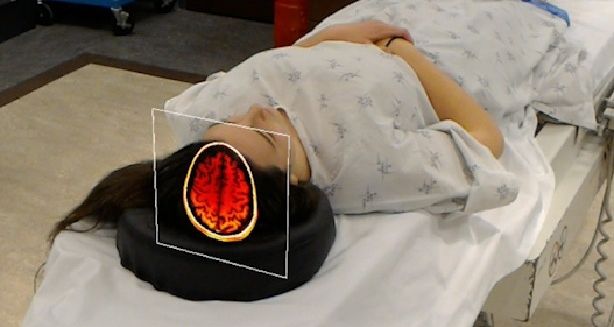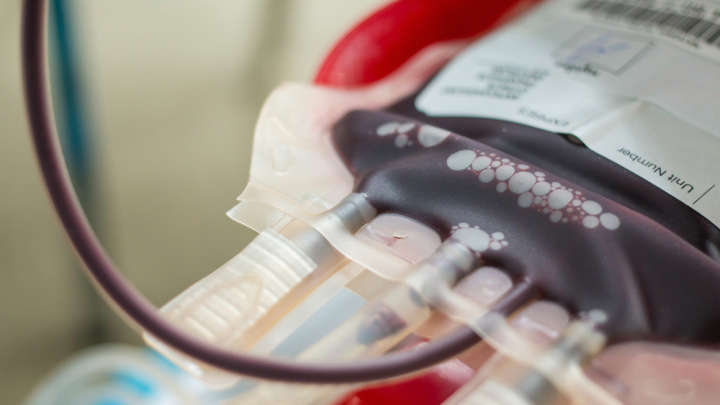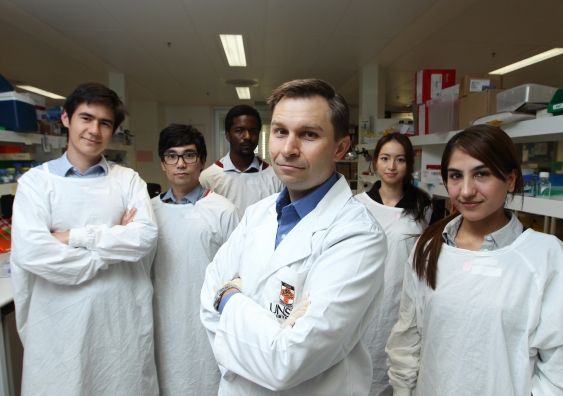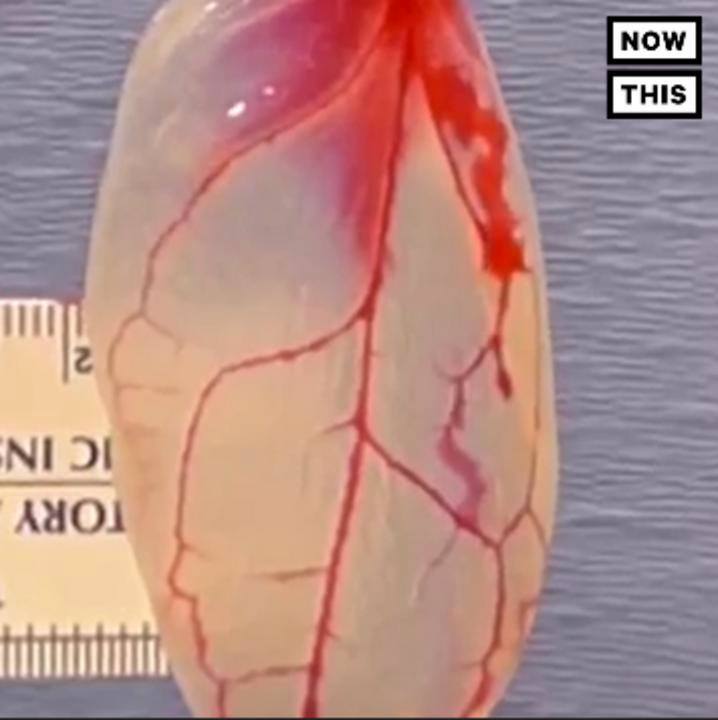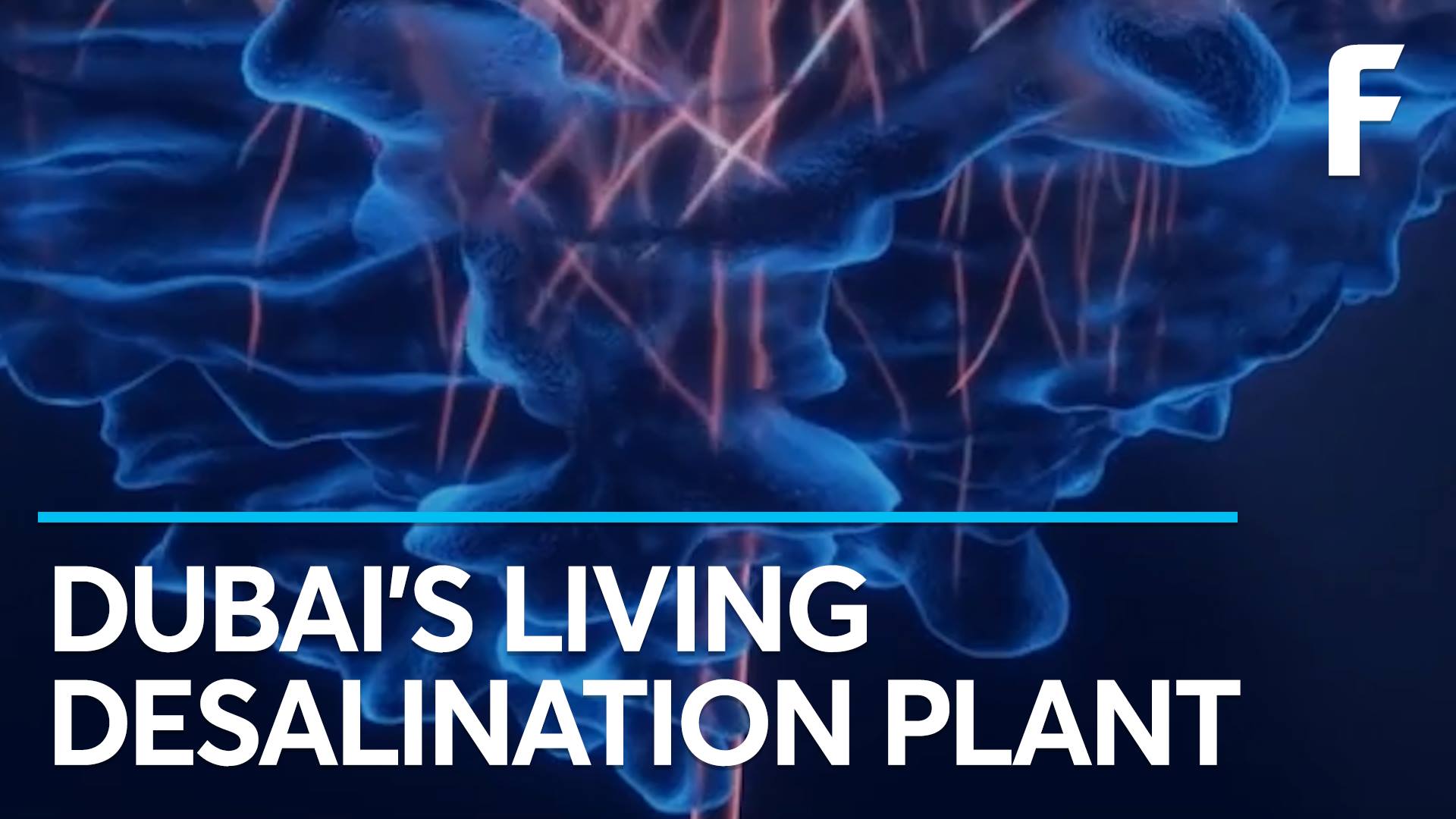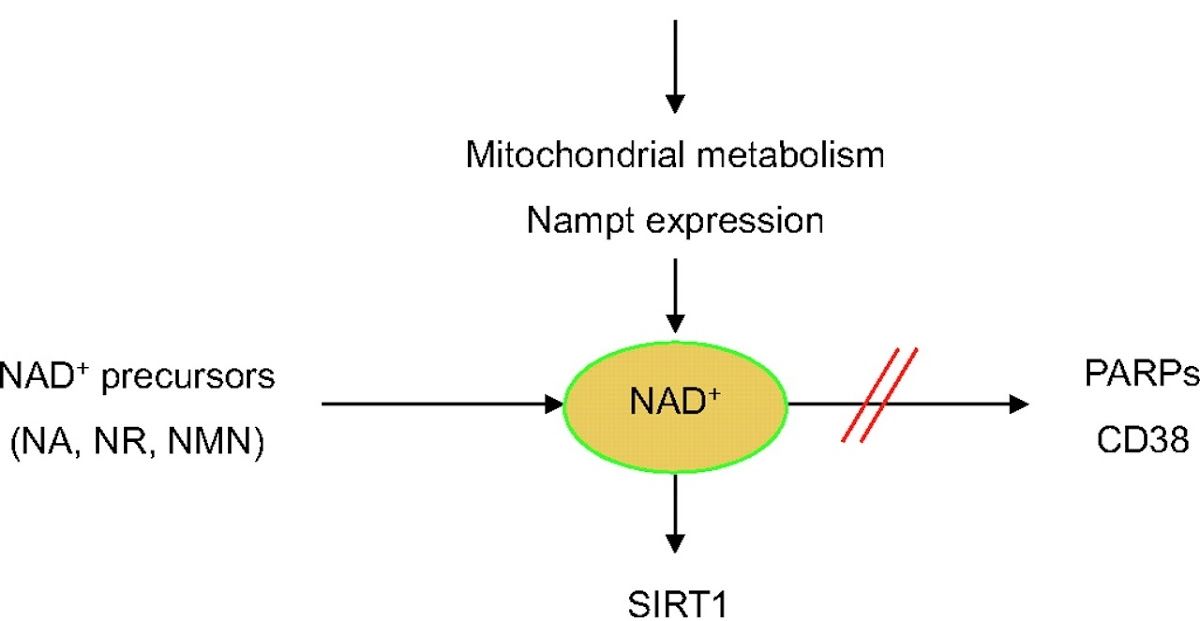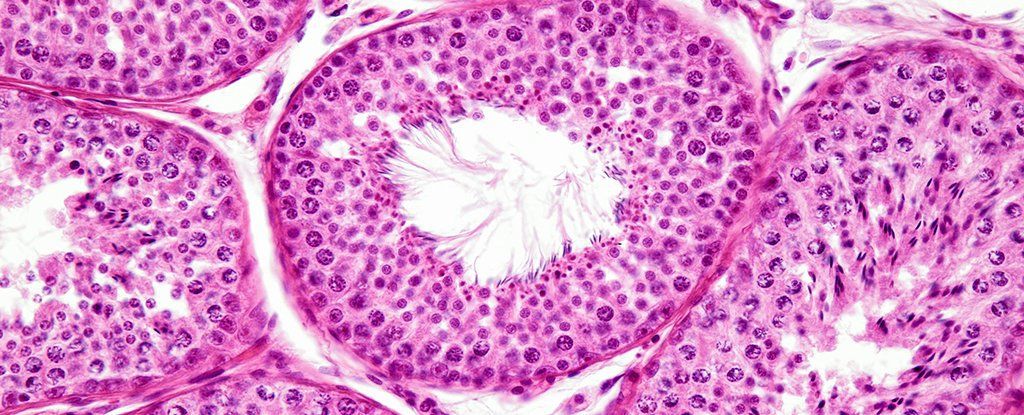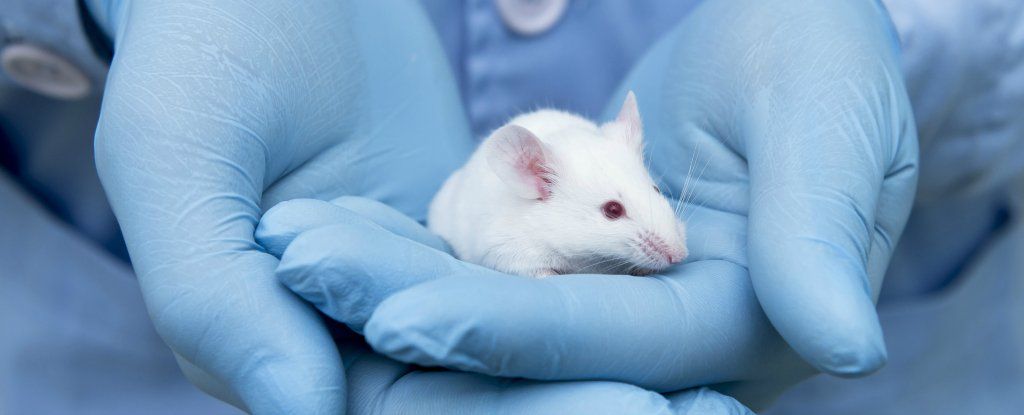Archive for the ‘biotech/medical’ category: Page 2523
Mar 25, 2017
Major Breakthrough Could Enable Mass Produced Artificial Blood
Posted by Bryan Gatton in categories: biotech/medical, innovation
Every minute in the United States, 30 people require a blood transfusion. That equates to a lot of blood, and the problem is that not enough people donate. This bottleneck has long been an issue for medicine, and so many have been trying to find a way to artificially create large volumes to meet this demand.
A team of researchers from the University of Bristol and NHS Blood and Transplant may have finally cracked it. They’ve made a major breakthrough in the process of mass producing red blood cells, in what could technically be an unlimited supply of the stuff. While they now have a biological way of achieving this, they now need the manufacturing technology on a large enough scale in order to mass produce it.
Scientists have been able to create artificial blood before, but these earlier methods have been incredibly inefficient. They worked by taking stem cells, and then directly inducing them to form red blood cells. By doing this, they could create maybe 50,000 cells in one go, far short of the trillions typically needed for a blood transfusion.
Continue reading “Major Breakthrough Could Enable Mass Produced Artificial Blood” »
Mar 25, 2017
UNSW scientists unveil a giant leap for anti-ageing
Posted by Alexander Rodionov in categories: biotech/medical, life extension
UNSW researchers have identified a critical step in the molecular process that allows cells to repair damaged DNA – and it could mean big things for the future of anti-ageing drugs, childhood cancer survivors and even astronauts.
Mar 25, 2017
This Heart Tissue was Grown on a Spinach Leaf
Posted by Shailesh Prasad in category: biotech/medical
Mar 25, 2017
Dubai’s Biotechnology Could (Literally) Save the World
Posted by Shailesh Prasad in category: biotech/medical
Mar 25, 2017
The Weird World of Cyborg Animals Is Here
Posted by Klaus Baldauf in categories: biotech/medical, cyborgs, engineering, robotics/AI
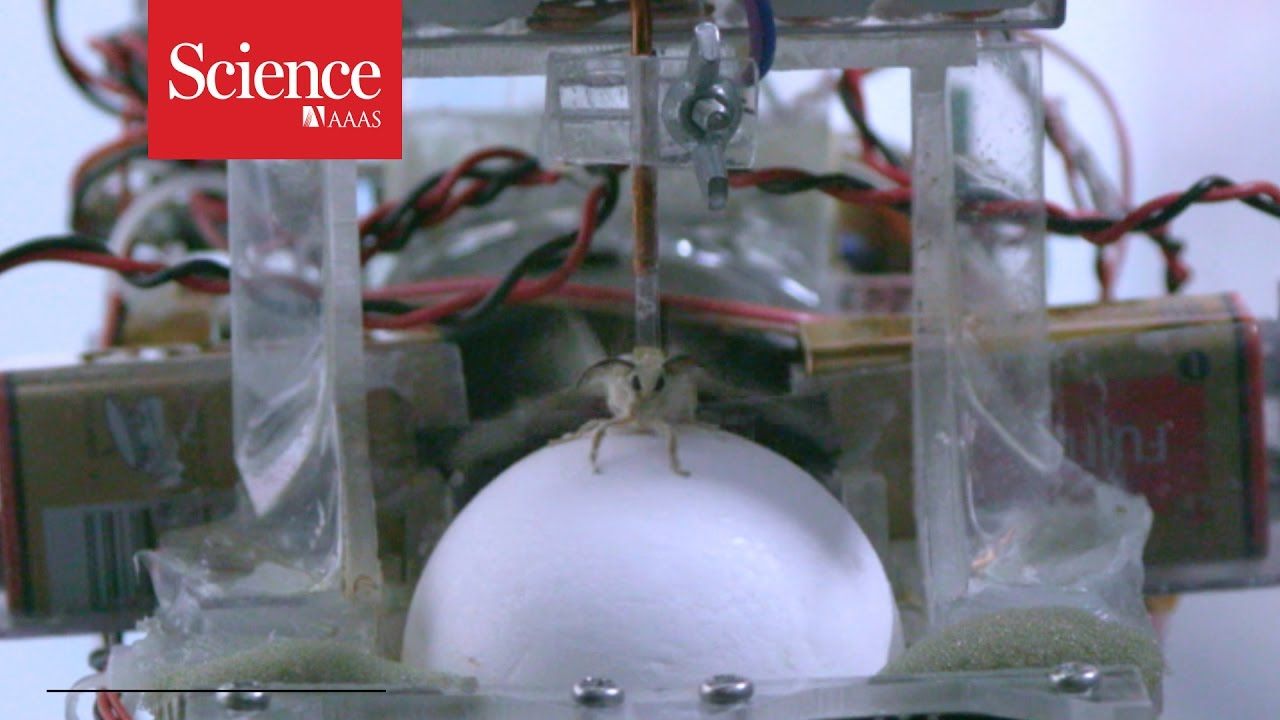
Roboticists frequently turn to nature for inspiration for their inventions, reverse engineering the traits that evolution has developed over millennia. Others are taking a shortcut by simply integrating modern technology with living animals.
The idea may seem crazy, but animals and machines are not so different. Just as a network of wires carry electrical signals between a robot’s sensors, processing units and motors, the flow of action potentials around our nervous system connects our sensory organs, brain and muscles.
Continue reading “The Weird World of Cyborg Animals Is Here” »
Mar 24, 2017
Critical step in cellualr repair of damaged DNA identifi edwhich could be big for reversing aging and human trials will start within six months
Posted by Klaus Baldauf in categories: biotech/medical, life extension, space travel
UNSW researchers have identified a critical step in the molecular process that allows cells to repair damaged DNA – and it could mean big things for the future of anti-ageing drugs, childhood cancer survivors and even astronauts. It could lead to a revolutionary drug that actually reverses ageing, improves DNA repair and could even help NASA get its astronauts to Mars.
Their experiments in mice suggest a treatment is possible for DNA damage from ageing and radiation. It is so promising it has attracted the attention of NASA, which believes the treatment can help its Mars mission.
While our cells have an innate capability to repair DNA damage − which happens every time we go out into the sun, for example – their ability to do this declines as we age.
Mar 24, 2017
We Were Wrong — the Testes Are Connected to the Immune System
Posted by Shane Hinshaw in categories: biotech/medical, neuroscience
Some parts of the body – including the tissues of the brain and testes – have long been considered to be completely hidden from our immune system.
Last year scientists made the amazing discovery that a set of previously unseen channels connected the brain to our immune system; now, it appears we might also need to rethink the immune system’s relationship with the testes, potentially explaining why some men are infertile and how some cancer vaccines fail to provide immunity.
Researchers from University of Virginia School of Medicine discovered a ‘very small door’ which allows the testes to expose some of its antigens to the immune system without letting it inside.
Continue reading “We Were Wrong — the Testes Are Connected to the Immune System” »
Mar 24, 2017
Scientists just changed the way we build genomes to make them 270,000 times cheaper
Posted by Shane Hinshaw in categories: biotech/medical, genetics, health
In 2003, the US Department of Defense and the National Institutes of Health announced that—13 years and $2.7 billion later—they had finally finished mapping the human genome.
But the quest to understand human genetics was far from over: Genomes, which are the entire layout of our 3 billion base pairs of DNA, vary dramatically from person to person. So mapping the first human genome was really just mapping a human genome (the patient’s identity was kept secret for privacy.) And even though shorter genetic sequencing is available, doctors studying rare genetic diseases need the full scope of a patient’s genetic material to find the problematic mutation. Finding these faulty sections of genes is like a microscopic version of Where’s Waldo among 3 billion people wearing stripes, a game that has cost $3 billion to play.
In a paper published (paywall) in Science on March 23, researchers from the Baylor College of Medicine, Massachusetts Institute of Technology, and Harvard University said they have figured a way to sequence the entirety of any genome for just $10,000, in a couple of weeks. Their test project? Re-sequencing the DNA of the mosquito species that spreads the Zika virus.
Mar 24, 2017
It’s Happening: Scientists Can Now Reverse DNA Ageing in Mice
Posted by Alexander Rodionov in categories: biotech/medical, life extension
Researchers have identified a cellular mechanism that allows them to reverse ageing in mouse DNA and protect it from future damage.
They’ve shown that by giving a particular compound to older mice, they can activate the DNA repair process and not only protect against future damage, but repair the existing effects of ageing. And they’re ready to start testing in humans within six months.
“The cells of the old mice were indistinguishable from the young mice, after just one week of treatment,” said lead researcher David Sinclair from the University of New South Wales (UNSW) in Australia and the Harvard Medical School in Boston.
Continue reading “It’s Happening: Scientists Can Now Reverse DNA Ageing in Mice” »
